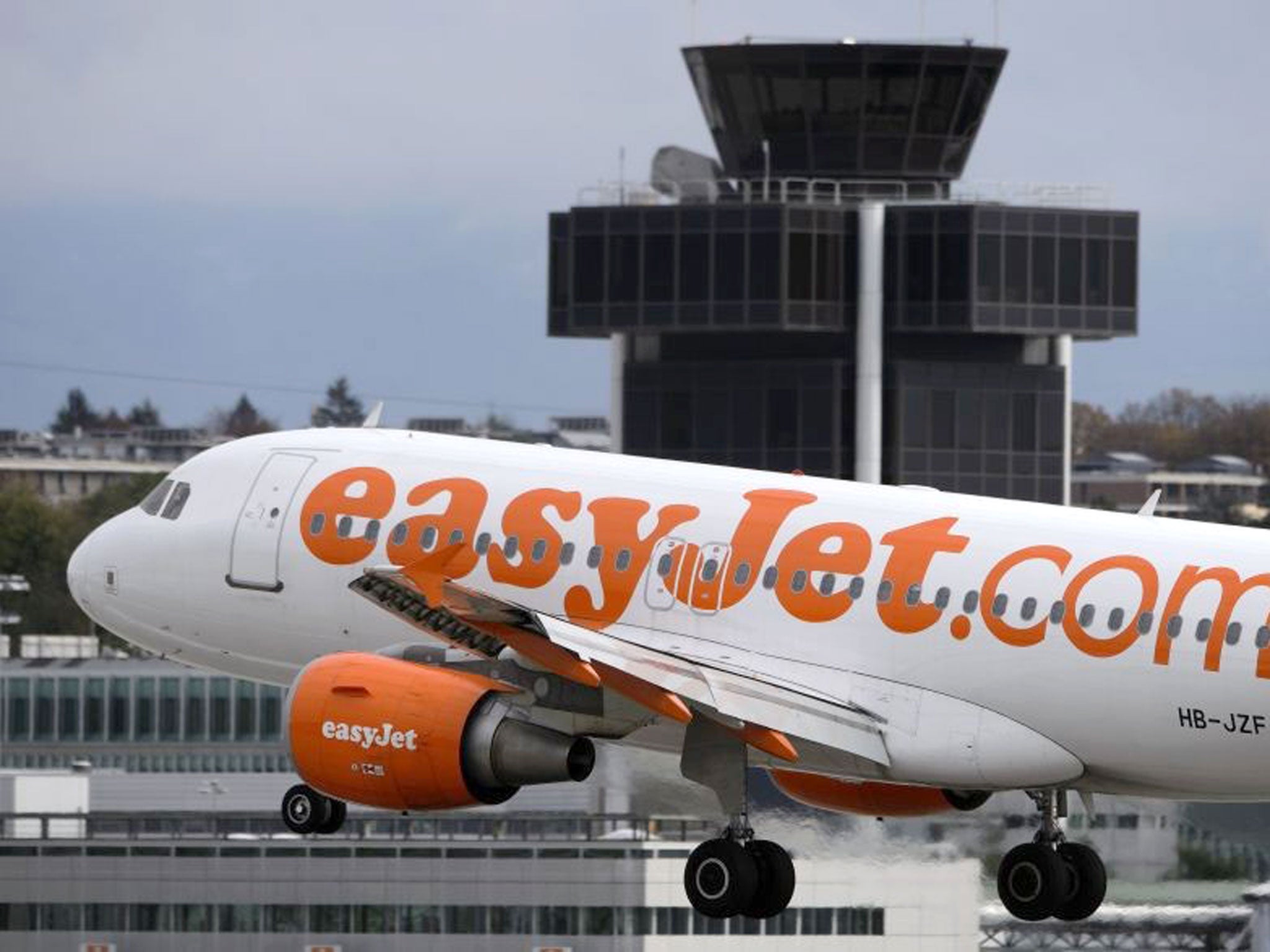The Independent's journalism is supported by our readers. When you purchase through links on our site, we may earn commission.
Mark Dampier: 'So what if a recovery fund is out of luck? The clue is in the title'
Within a diversified portfolio, there will always be times when some funds do better than others

The idea of consistency is usually misplaced when it comes to active investing. For a fund to be truly active, it must position itself differently to the rest of the market. This inevitably means that at times it will be out of sync with its peers.
As such, I believe it should be expected that all genuinely active funds will go through periods of disappointing performance. I have seen plenty of successful fund managers out of sorts for a number of years, including Anthony Bolton, Neil Woodford and Angus Tulloch, to name but a few.
If we could pinpoint the beginning of each manager's period of underperformance, it would no doubt make life a lot easier. Yet I tend to believe that making regular alterations to a portfolio is usually a bad thing. It is at periods of stress that an investor's conviction is really tested. To my mind, investors suffer from a lack of patience nowadays and are quite willing to switch out after three to six months of poor performance. Clearly this is not the definition of a long-term investment.
This brings me to the subject of the M&G Recovery fund, managed by Tom Dobell, which has been through three years of particularly poor performance. Arguably, prior to this date, the fund had grown almost too quickly in size. Following several years of strong returns and amid growing interest from investors, it ballooned.
A considerable amount of money has since flowed out, although the fund still stands at an almighty £4.8bn under management. Many investment professionals, portfolio managers and individual investors have deserted, yet to dismiss a manager such as Mr Dobell – with a track record going back more than 15 years – after three years of underperformance is something I do not agree with.
Within a diversified portfolio, there will always be times when some funds do better than others.
Surely that is the point of having a well-diversified portfolio – you invest with different managers with varying styles in the hope that at least one is performing well at any one time, rather than betting the ranch on a single investment.
I feel this point is often too quickly forgotten.
It is not as though Mr Dobell is not aware of the fund's performance – it is at the forefront of his mind and he is as keen as anyone to get back on track. I recently met him for an update, and he feels that the headwinds, are finally abating. Indeed, performance has shown a marked improvement so far this year.
According to Mr Dobell, financial markets have been through several years of substantial distortion, partly a result of quantitative easing. Over this time, many investors have favoured companies with certainty of earnings delivery, or "quality" stocks. These are the types of company that the manager naturally avoids, while the recovery stocks that Mr Dobell tends to favour have been shunned by the market.
Throughout this time he has continued to buy what many other investors have been discarding – exactly as I would expect from a fund with a recovery-style approach. As such, he feels the hidden value in the portfolio is now huge.
Merger and acquisition (M&A) activity has also been lacking in recent years, which has historically been beneficial for the fund, but he feels this has picked up over the past six months.
Indeed, there have been takeover bids for three of the fund's holdings over the past year – Advanced Computer Software, Synergy Health and Pace – that Mr Dobell views as good enough to accept.
In our recent meeting, he was suitably contrite, but also positive about the potential of his fund. He has not strayed away from his central strategy, even in tough times, and he maintains his belief that the recovery process is not broken – a view I share. He is clearly determined to turn things around.
Mark Dampier is head of research at Hargreaves Lansdown, the asset manager, financial adviser and stockbroker. For more details about the funds included in this column, visit www.hl.co.uk
Join our commenting forum
Join thought-provoking conversations, follow other Independent readers and see their replies
Comments